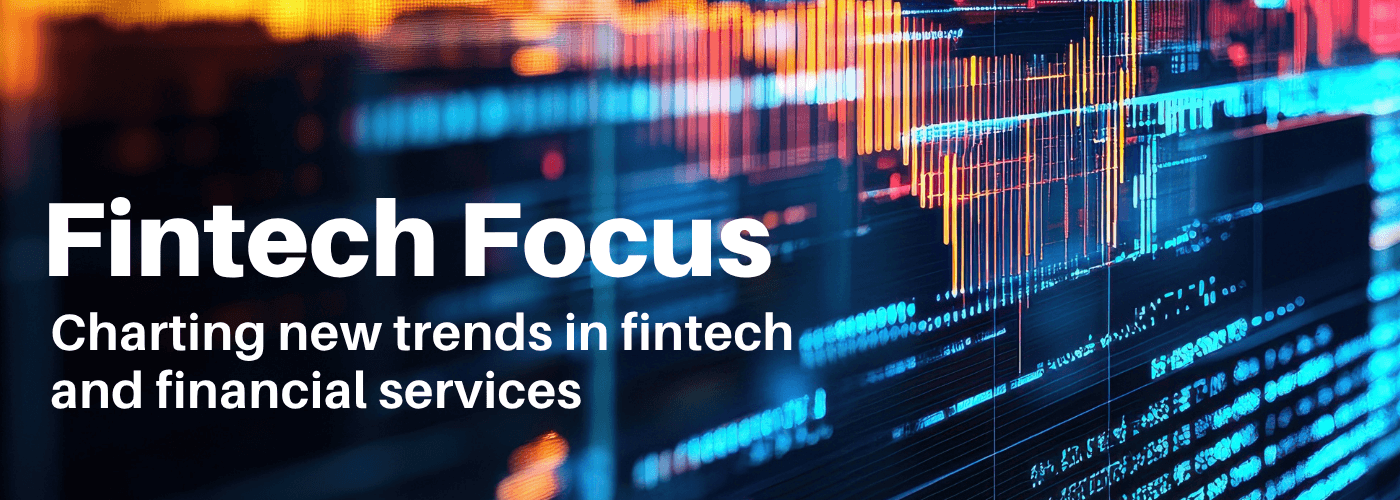We are more than halfway through 2025 and as we move into the last few months of the year, what patterns and trends continue to make an impact?
![]()
The fintech space, like all growing industries, has experienced significant change over the course of the last couple of years, primarily as a response to the mass transformation of the world via widespread digitalisation.
There are only five months left of this year. However, fintech is an incredibly fast-moving sector, where change, or the failure to keep up can greatly impact institutions, organisations and key stakeholders. So, what trends and patterns are currently dominating the conversation and wider fintech landscape?
Embedded apps
As alternative models continue to grow in popularity embedded finance technology is enabling modern-day organisations to integrate financial services, for example payment options, lending and banking services, into their systems. This essentially enables a platform to take control of its own financial information and practices, so they can offer a more seamless and integrated service.
There are a number of benefits to deploying embedded apps into your fintech organisation. Primarily, the added autonomy, improved financial literacy and tech-focused ethos.
Cybersecurity
In all likelihood, there will never be a year in which cybersecurity trends do not emerge as a key consideration for the growing fintech sector. Because fintech deals with such sensitive and private information, organisations in 2025 are continuing to explore advancements being made to achieve a higher degree of cyber resilience.
For example, artificial intelligence (AI) is being used by some organisations as a means of fraud detection. Additionally machine learning algorithms have the potential to analyse and identify malicious or dangerous patterns, bringing it to the attention of organisational or institutional leaders and security teams.
As more and more people utilise digital payment platforms, alternative online currencies and non-traditional financing apps, there will be an onus on fintech firms to provide companies and their stakeholders with advanced security measures and solutions. Cybersecurity education and innovation is an area of great importance to everyone, not just the people behind the tech. By the very nature of the internet, if one person falters, effectively, we all do.
Stricter regulations
In line with the need for more advanced cybersecurity, research suggests that there will be significant changes to how modern technologies are regulated. For example, in areas such as crypto assets and open finance as well as payment and e-money firms. The changes will aim to protect consumers, make the fintech sector more resilient and encourage compliance.
According to Chambers and Partners, “Fintech developments in Ireland are expected to continue to focus on the payments sector, regtech, AI and blockchain over the next 12 months, among other areas. The Markets in Crypto-Assets Regulation (MiCAR) came into application at the end of 2024 and is expected to generate market activity.”
Traditional versus modern
The growing popularity of decentralised finance (DeFi) is an interesting trend in the wider fintech space and is somewhat characterised by how different it is from the more traditional, pre-existing financing models. DeFi cuts out the traditional financial institutions and replaces them with a service built on blockchain technology, for greater transparency, autonomy and reach.
While DeFi is still relatively young and has the potential to democratise banking, reduce costs for users and give people more control over their money, its infancy does also pose some risks. Particularly as technologies modernise and users make errors only to discover that they bear the consequences, rather than an institution.
So, before committing to DeFi, in lieu of traditional banking, make sure that you know the risks as well as you know the potential benefits.
Throughout 2025 and into 2026, the fintech landscape will continue to be altered by rising trends, for example a focus on personalised experiences, the tokenisation of real-world assets, green financing and ESG integration.
As these many factors combine to remould the fintech space, we are likely to be left with a dynamic, fresh, innovative and intelligent ecosystem.
Don’t miss out on the knowledge you need to succeed. Sign up for the Daily Brief, Silicon Republic’s digest of need-to-know sci-tech news.
